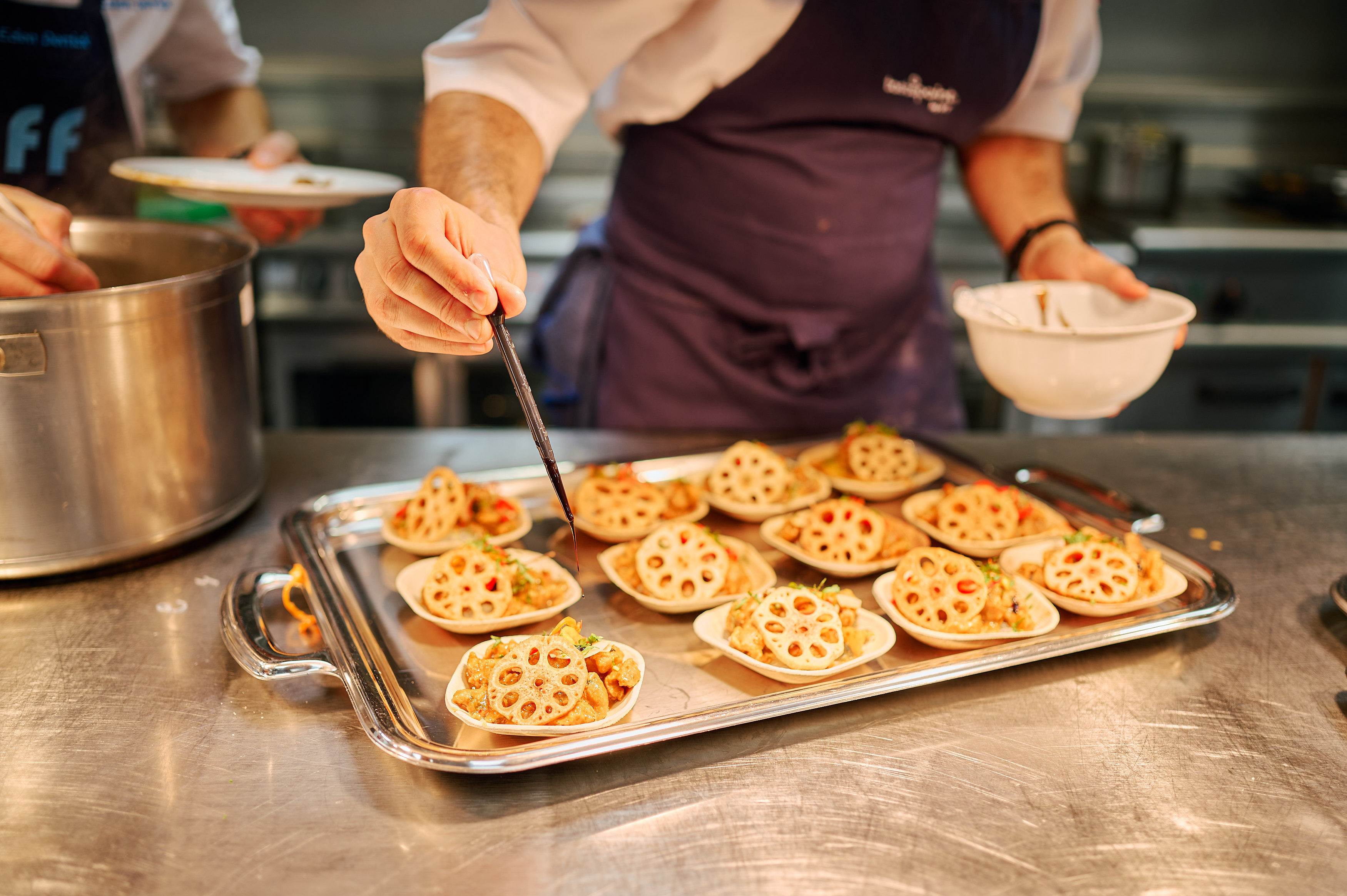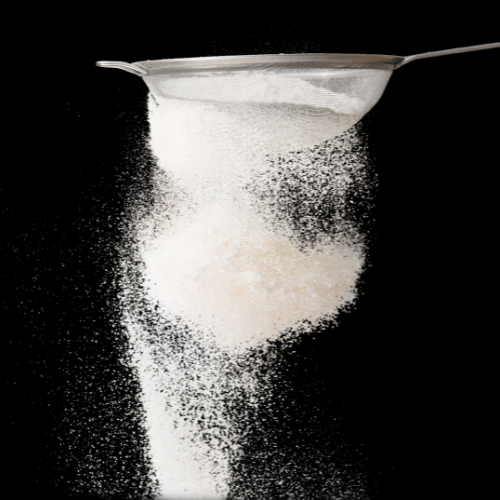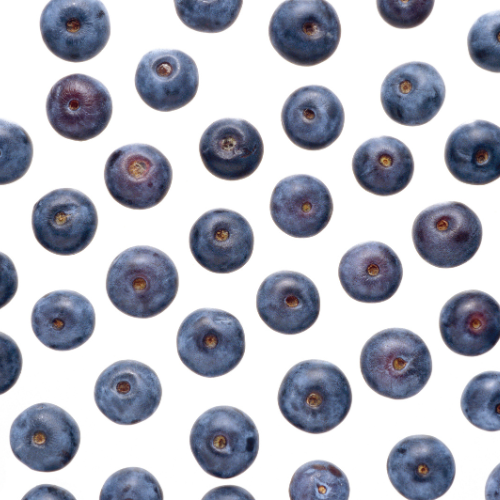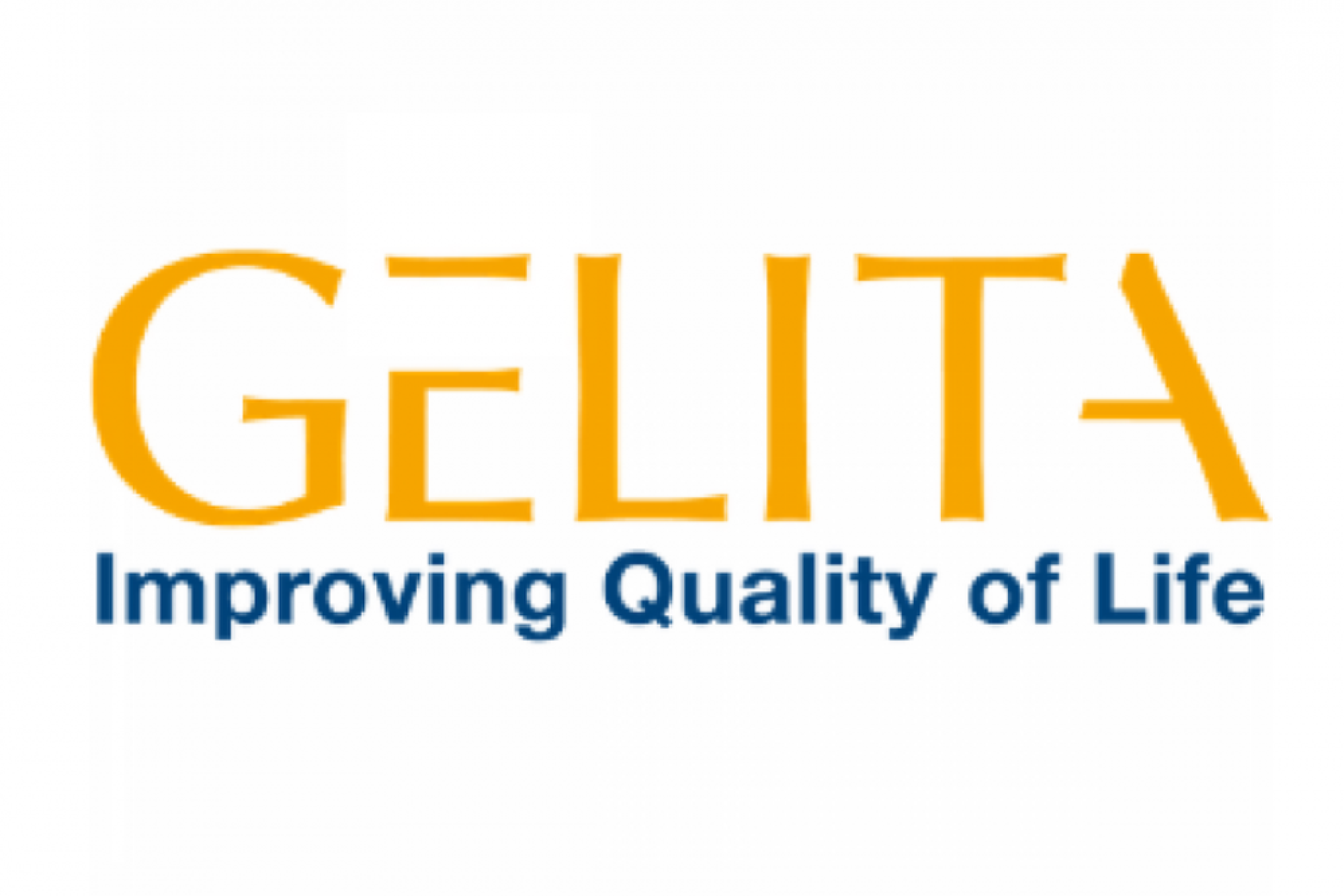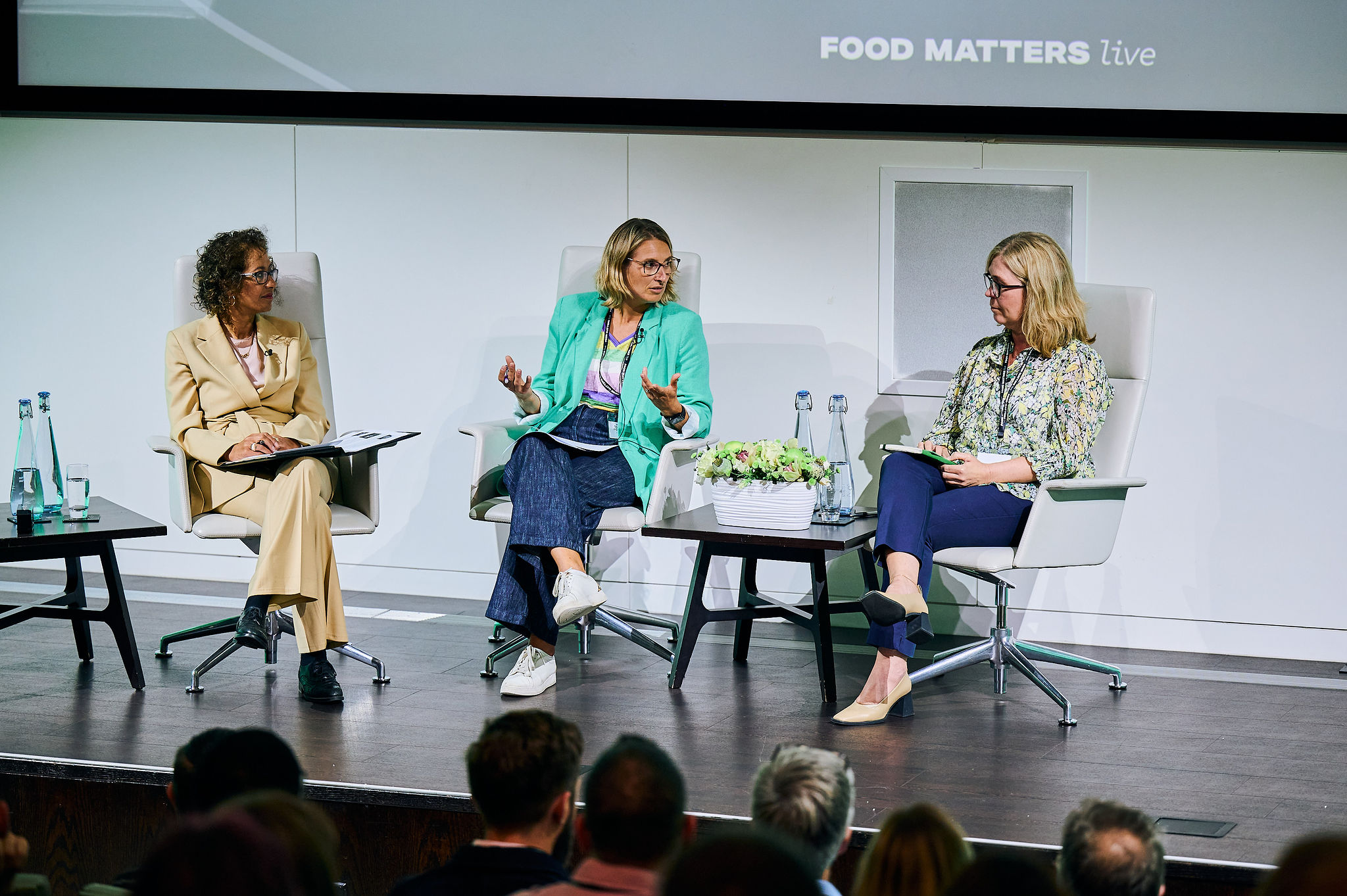“Waste is a failure of the imagination”: 5 innovative solutions to food waste in hospitality

Food waste is bad for…
People
One-third of food produced globally never gets eaten, equating to one billion tonnes of waste each year. For reference, that’s enough resources to feed the world’s starving population twice over.
Think about that for a moment; we expend prodigious resources planting, growing and transporting food only for 33% of it to end up feeding bins, not humans.
The planet
Every gram of food wasted comes at an environmental cost as well, with discarded produce accounting for 8-10% of the world’s greenhouse gas emissions.
If food waste were a country, it would be the third largest emitter of carbon dioxide behind China and the United States.
The hospitality sector is a big culprit, with around 18% of food purchased by restaurants going to waste (1.3 million tonnes of food).
Business
Not only does wasted food harm the planet, but it also cuts into a restaurant’s bottom line as well. According to Guardians of Grub, a collective committed to improving sustainability in the hospitality industry, food waste costs the sector £3.2 billion annually.
In an industry with tight, volatile margins, it can be the difference between survival and failure. We can and must do better as an industry, for the sake of humans, the planet, and our profit margins too. And why wouldn’t we? Tackling food waste makes environmental, financial, and humanitarian sense.
There is already exciting work underway in this space, from zero-waste restaurants to smart bins that measure and manage plate waste. This article will celebrate just a few of the people and companies leading the fight against food waste. Without further ado, let’s dive in.
Guardians of Grub, helping restaurants rise up against food waste
Guardians of Grub is a campaign to reduce the alarming amount of food waste generated by the hospitality industry. In their own words, they are:
“A united collective from across the Hospitality and Food Service sector. Our sole aim is to reduce the food we waste, to defend our profits and help protect our world.”
Alongside an online calculator, Guardians of Grub offer a range of online materials to help restaurants maximise profits and minimise food waste. All of their resources are built around three key principles, namely:
Target. Measure. Act.
Their resources are compiled by experts from WRAP (Water and Resources Action Programme) and feature contributions from FoodSave, Manchester Met University and Love Food Hate Waste New South Wales.
Guardians of Grub invite restaurants of all sizes to unite against the senseless waste of food, for the sake of people and the planet.
Winnow, building smart kitchens to measure and manage waste
Short of standing next to the bin throughout service, chefs are often blind to the amount of plate waste being generated in their kitchens. And in order to manage the problem, it first needs to be measured – which is where Winnow can help.
They offer a range of food waste solutions to help track plate waste automatically, generating key data and actionable insights for chefs. At the top end, Winnow offers smart bins equipped with cameras and weight sensors, overseen by their revolutionary restaurant management software with in-built artificial intelligence.
We spoke to Marc Zournes, CEO and founder of Winnow Solutions on the Food Matters Live podcast. Framed around the future of sustainability roles, Zournes shares his three key tips for landing a job in the sector and explains how Winnow is helping to fight food waste in commercial kitchens.
The Sustainable Restaurant Association, setting the standard for restaurants on sustainability
The Sustainable Restaurant Alliance are on a mission to reform the hospitality sector for both health and sustainability.
To this end, they’ve developed the largest and most widely recognised sustainability accreditation, known as the Food Made Good Standard, or simply “The Standard” for short.
“The Standard” is a third-party certification signalling to staff, suppliers and customers that a restaurant is progressive and environmentally responsible.
In order to qualify, businesses must achieve the SRA’s criteria across three key pillars including sourcing, society and environment.
Over 10,000 businesses spanning 73 countries have achieved certification, with many more in the process of obtaining accreditation. The SRS offers bespoke consultancy and partnership opportunities for restaurants aspiring to be more sustainable.
The Food Matters Live Podcast welcomed Juliane Caillouette Noble, SRA’s Managing Director, to discuss how food businesses can be more environmentally responsible.
Listen to the full episode to learn how simple changes can reduce a restaurant’s carbon “food print”, increase profit margins and even improve food quality. This is one you don’t want to miss!
Silo, the first zero-waste restaurant
Silo is a pioneering London-based restaurant operating a closed-loop, zero-waste system by trading directly with farmers and choosing local ingredients. The food that’s not eaten is fed back into the system, acting as fertiliser for the fruit and vegetables on Silo’s menu.
When it comes to animal protein, the restaurant follows a “nose-to-tail” policy utilising every part of the beast. Silo’s founder, Dough McCaster, believes that:
“Waste is a failure of the imagination”.
Working from this philosophy, even the plates are made from recycled plastic bags whilst the ceiling fixture is composed of dried seaweed! Silo’s pioneering efforts have paved the way for other restaurants to adopt a similar system.
Too Good To Go, connecting people with surplus food
Too Good To Go connects people with surplus food, saving unsold produce from an untimely fate. They advertise “surprise food bags” via their app at one-third of the retail price, turning excess food into revenue for restaurants. Whether you’re looking for a cheap, sustainable dinner or want to turn your food waste into profit, Too Good To Go can help.


